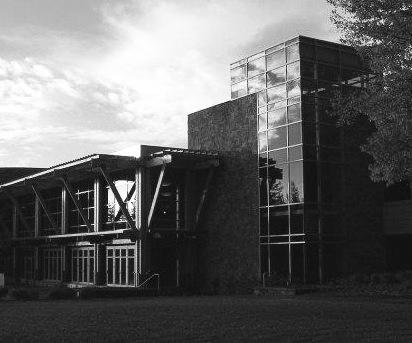The staff of the Center for Student Leadership, Involvement and Service (CSLIS) office is about to become much busier with the dismantling of the Campus Recreation Sports Club program, which will now be under control of the CSLIS workplace.
The Sports Club program was run by two student club coordinators with the supervision of full-time staffer, Mike Dominguez, who has worked with the organization for over nine years.
There are more than 20 clubs on the roster the Sports Club program oversees. These sports clubs will be added to the already extensive list of clubs, Greek organizations and campus leadership programs the CSLIS office already supervises.
The decision came directly from the office of President Ruben Armiñana and the Campus Recreation staff has many concerns pertaining to this transition.
One of the biggest concerns for the Sports Club program is the lack of experience the CSLIS office has in working with competitive sports. The program members believe the Recreation Center staff is trained to assess the needs of competitive sports teams, whereas the CSLIS office staff is not equipped to handle the teams.
Kaydee Blickenstaff, a Sports Club coordinator, said she is concerned the shift of power could be risky to the university.
“The centralization of all clubs has been shown to increase overall risk to the university due to having less specialized campus recreation experience,” said Blickenstaff. “There’ll be increased barriers to working with campus recreation marketing or any other recreation programs, and the competitive nature of sport clubs is less understood by CSLIS.”
A format that is most popular amongst other colleges and universities is that of a campus recreation program controlling the sports clubs on campus. The National Intramural and Recreational Sports Association (NIRSA) is a national organization that helps create campus recreation programs for students around the country. As an organization, they suggest the sports clubs should remain under the control of campus recreation to avoid risks to the university.
Ashley Marsh, the Fitness Center coordinator for the Recreation Center on campus, said the stylistic differences of the clubs should keep them in separate categories.
“Sport clubs are very different than other campus clubs, especially in terms of risk management, and need people to lead the program that have this knowledge,” said Marsh. “In my personal opinion, there is no need to remove sport clubs from Campus Recreation and the removal may even hurt the future success of our teams.”
The decision was given to the club representatives at the last Sports Club meeting. Nicole Detmers, a member of the equestrian team on campus, said one of the Sports Club’s major concerns is being seen as more of a club than a competitive sports team.
When the decision was announced to the Sports Club, the members were told it was mainly for “risk management” purposes. This focus on risk management means the clubs will have more guidelines for their social activities. The sports clubs are now concerned the focus will be on the social aspect of their organization and not the team and sports aspect.
“This move will have a larger-than-expected impact on our team, specifically in regard to the specialized care that sports clubs through Campus Recreation [are] able to provide,” said Detmers. “Dominguez and the student coordinators [Kaydee and Gabe] are extremely dedicated to the cause, understanding of the competitive nature of sports clubs.”
At this time the issue is still being discussed as the Sports Club program is trying to reach out to administration for reconsideration. The issue was submitted to the agenda to be reviewed in this week’s Associated Students Senate meeting. The meeting will be in the Student Center on Friday at 1 p.m.



































